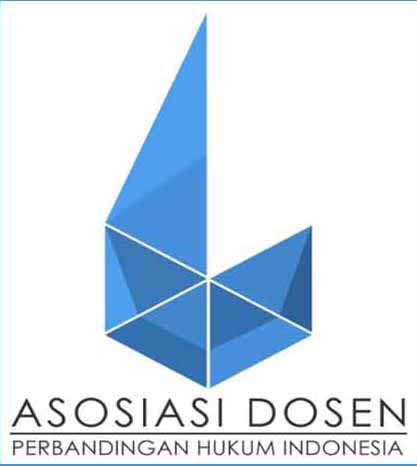PENYELESAIAN ALIRAN SESAT DI INDONESIA DARI PERSPEKTIF HUKUM ISLAM DAN HUKUM POSITIF
Abstract
This research aims at examining the problem solving of Aliran Sesat (deviated religious affiliations) from the Islamic and Indonesian positive law perspectives. The descriptive-analytical approach is used to reach the goal of this study. This study finds that the emergence of Aliran Sesat in Indonesia creates many serious problems. To stop these deviations and to prevent the society from their negative impacts, Majelis Ulama Indonesia (the Indonesian Islamic Scholars Council) has delivered fatwa (an answer of the religious question) and determined that these religious affiliations are misled and their followers should return back to the true Islamic teachings. However, they neglected this fatwa and disobeyed it and still continue their activities. They claimed that it is their right to do and spread what they believed and that the freedom of belief is protected by the Indonesian positive law. This makes the society angry and doing anarchist actions against them. It is because according to the majority, Aliran Sesat is a distortion and an attack to the Islamic religion, and not a human right neither protected by the law. The government, therefore, have to enforce the Criminal Code Article 156 (a) against them.
Keywords: Aliran Sesat, Islamic Law, Indonesian Positive Law.
Full Text:
PDFDOI: https://doi.org/10.18196/jmh.v19i2.98
Refbacks
- There are currently no refbacks.
Copyright (c) 2015 Jurnal Media Hukum
JMH Visitor






















